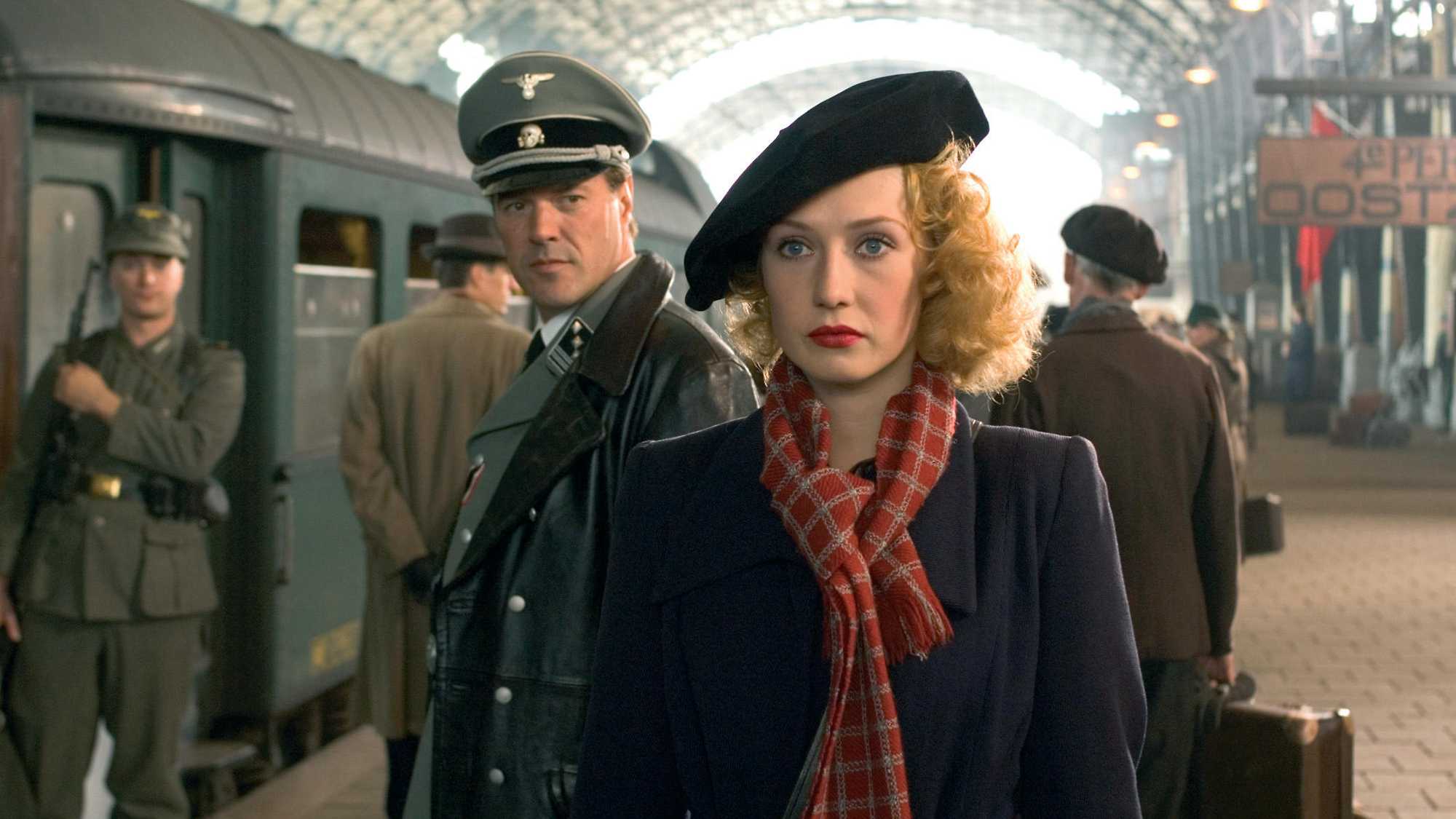Paul Verhoeven's brash, provocative tale of a sexy Jewish singer who seduces the head of the Dutch Gestapo is also a bold, wilfully irreverent and morally complex film about the Holocaust.

Encompasses the best and very worst of its director's signature pulp brutalism, which means it's pretty much a hoot
Screened as part of NZIFF 2007
Black Book 2006
Zwartboek
The director who blitzed Hollywood with such pulp classics as Basic Instinct, Robocop and Showgirls takes everyone by surprise with a return to the World War II drama canon, 30 years after Soldier of Orange. Described by critics as brash, provocative and outrageous, with more topless women than a Riviera beach, Paul Verhoeven's first Dutch film in 20 years is also a bold, wilfully irreverent and morally complex film about the Holocaust. Rachel Stein (played with ferocious energy by Carice van Houten) is a sexy Jewish singer in the Dutch underground resistance movement who signs up for the ultimate Mata Hari assignment: to seduce Ludwig Muntze (Sebastian Koch), the head of the Gestapo in The Hague. Falling in love with him is not part of her plan.
"Verhoeven and his screenwriter Gerard Soeteman return to the ground they explored in Soldier of Orange to reveal something entirely different: that the Dutch underground was marbled with anti-semitism, that some high-ranking Nazis knew they were trapped in a matrix of insanity, that war can be fun, that liberation can be terrible, that revenge against Nazi collaborators can unleash new forms of ugliness no less horrific than Nazism itself, that Israeli kibbutzim offer no refuge from permanent war. A study, in the thriller context, of the harsh reality that to survive a war is to live though a chain of moral contingencies, so that the Nazi you are trying to defeat today may be the one that you love tomorrow, and that even your closest friends may have things to hide. Verhoeven likes to call this his return to ‘reality,' by which he means his flight from Hollywood's fantasy machine." — Robert Koehler, Cinema Scope